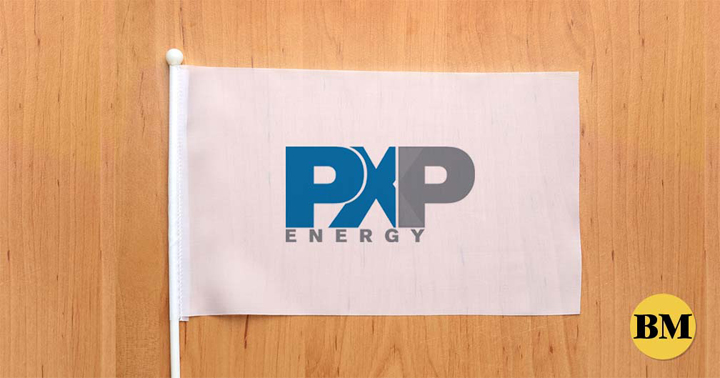Pangilinan-led PXP Energy Corp. is prepared to resume oil exploration activities in disputed waters in the West Philippine Sea (WPS) even without a partner.
PXP holds a 78.98-percent operating interest in Service Contract (SC) 72 or the contract to explore Recto Bank in the West Philippine Sea through London-listed Forum Energy Plc.
The company was supposed to partner with China National Offshore Oil Corp. (CNOOC), one of the largest national oil companies owned by the People’s Republic of China, but the Department of Energy (DOE) imposed a moratorium on exploration activities. The ban was eventually lifted. Since then, PXP said it would take guidance from the Philippine government.
“No recent updates in terms of our discussions with CNOOC. Discussion is at the government level and we’re not a party to that. We don’t participate in that discussion.
If there’s no agreement that can be reached, then what will we do? That is a question that we have to ask ourselves. Actually, we’re ready to go, PXP by itself,” said company chairman Manuel V. Pangilinan.
Pangilinan’s group is set to drill exploratory wells next year.
However, exploration activities may depend on the outcome of discussions between Manila and Beijing regarding a possible joint exploration.
The Chinese foreign minister reportedly said China and the Philippines have reached a consensus on joint exploration of oil and gas resources in the disputed waters.
“Of course there’s a big geopolitical issue. Will China agree to an independent effort by SC72 PXP to enter that territory and do work? I can’t answer that question,” said Pangilinan.
Last week, Energy Undersecretary Felix William Fuentebella said the DOE is preparing to implement the 60-40 foreign ownership rule in the planned joint exploration with China.
“Our governments are talking…but our rules will be limited by the provision of the Constitution. If we follow the Philippine Constitution, we can apply the current 60:40 arrangement, which we also apply to other nations or contractors,” said the DOE official.
Under the 1987 Constitution, foreign ownership of land and businesses is limited to only 40 percent while 60 percent should be owned exclusively by Filipino citizens or corporations.
Other service contracts (SCs) previously affected by the moratorium include SC 54 operated by Nido Petroleum Philippines Pty. Ltd.; SC 58 and SC 59 operated by PNOC Exploration Corp.; and SC 75 also operated by PXP Energy.
Last week, the DOE said it has endorsed to the Office of the President the awarding of three new petroleum service contracts (PSCs) in the WPS.
However, the agency has yet to release details of the three contracts.
The agency said operators of SCs 54, 58 and 59 sought the suspension of work activities amid the Covid-19 pandemic. For SC 72, the DOE said the operator is set to drill exploratory wells next year while the SC 75 group is scheduled to conduct exploratory activities.
DOE Secretary Alfonso G. Cusi said his office is regularly monitoring the progress of each project to ensure that the service contractors’ commitments are being fulfilled.
Cusi said these activities are concrete and explicit forms of the enforcement of sovereign rights consistent with real gains in the South China Sea arbitral award.
Under the United Nations Convention on the Law of the Sea, petroleum licensing is the most important sovereign right of a coastal state like the Philippines. With the lifting of the moratorium in the WPS, the service contractors are obliged to comply with approved work commitments in their respective areas.



